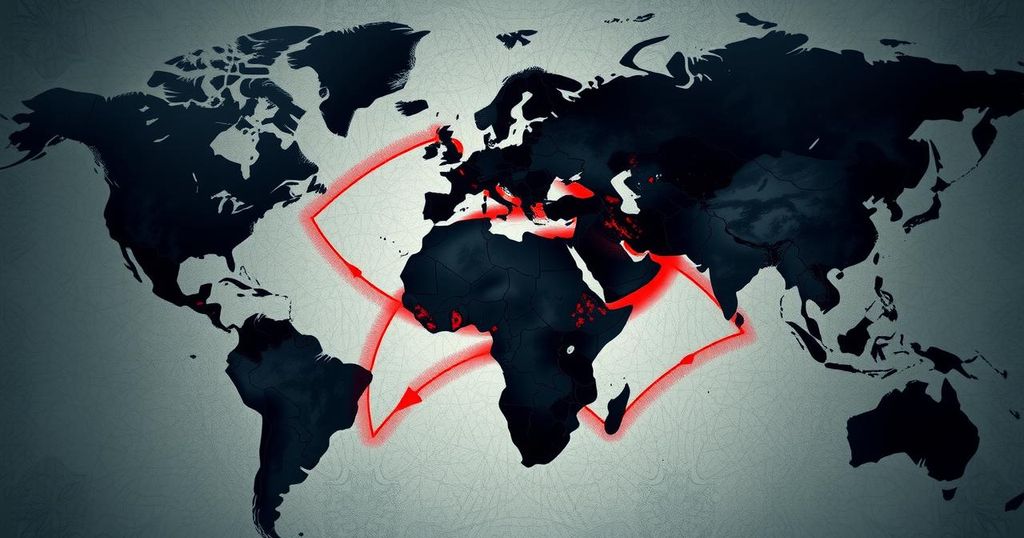DeepSeek’s Achievements Reflect China’s Growing AI Talent and Challenges
DeepSeek’s rise highlights China’s capacity to develop talent in AI and STEM, with its team largely composed of local graduates, contrasting previous trends of seeking overseas education. Despite heavy investment in education, challenges remain due to political constraints and corporate culture. With more STEM graduates than the U.S. and a growing presence in AI research, the future of China’s innovation landscape reflects both potential and complexity.
The success of DeepSeek, a Chinese artificial intelligence start-up, showcases the capabilities of China’s education system and its growing prominence in STEM fields. Unlike many tech firms in China that recruit internationally educated talent, DeepSeek’s core team consists of graduates from Chinese universities, signaling a shift in local talent appreciation. Many Chinese commentators view DeepSeek’s achievements as evidence that the country’s education rivals or surpasses that of the United States.
China’s commitment to education, particularly in science and technology, has created a substantial talent pool vital for its goal of becoming a global AI leader by 2025. However, graduates face challenges such as a harsh corporate environment and the political constraints imposed by the ruling Communist Party, particularly under Xi Jinping’s leadership. These issues raise questions about the long-term sustainability of innovation in China.
DeepSeek has circumvented many regulatory pressures by maintaining a low profile and prioritizing intellectual exploration over profit. Experts believe there is not a significant educational gap between China and the U.S. in AI, but challenges stem from external environments impacting creativity and entrepreneurship.
China produces a substantial number of STEM graduates, four times more than the United States in 2020. The rapid growth of AI-related programs has resulted in nearly half of the world’s top AI researchers originating from Chinese institutions by 2022, a trend attributed partly to U.S. visa restrictions on students in vital fields.
DeepSeek’s success exemplifies the growing competence of China’s educational institutions in nurturing STEM talent. Although challenges persist, including the political landscape and cultural pressures, the increasing output of skilled graduates positions China favorably in the global AI arena. To maintain its competitive edge, it is essential for the government to support rather than stifle innovation.
Original Source: www.nytimes.com








Post Comment